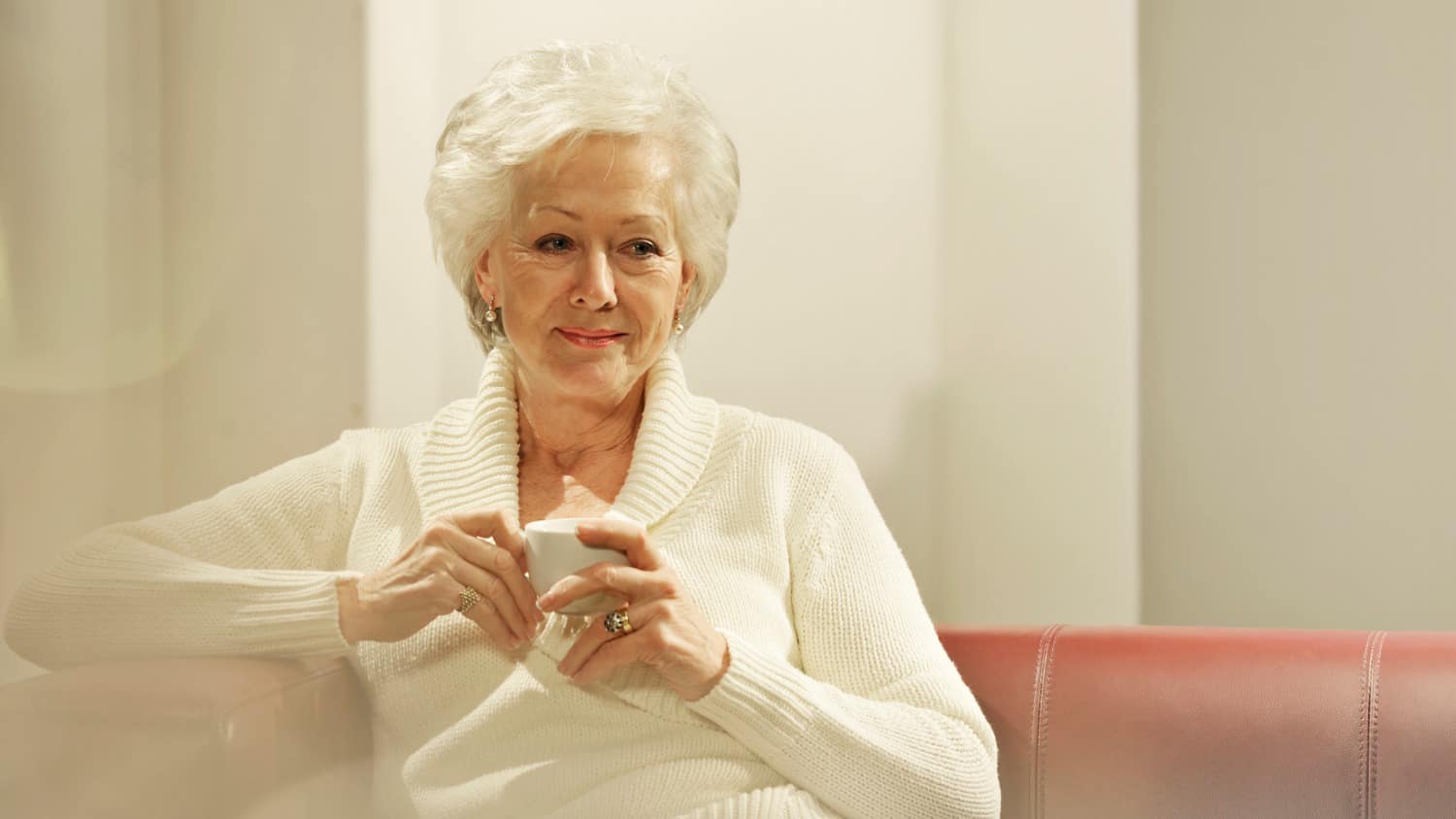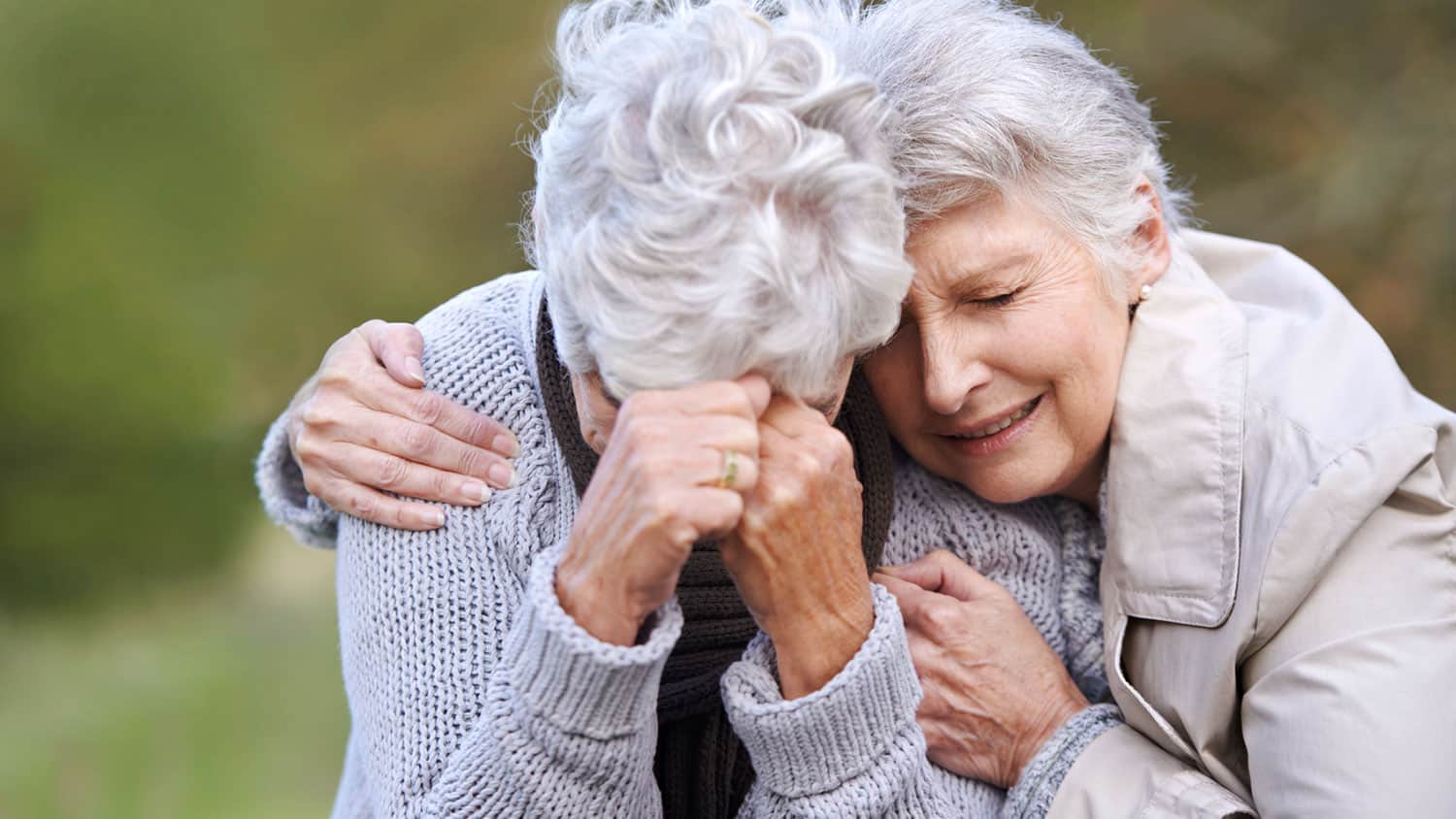
Thinking About Dying Doesn’t Have to Be Morbid
Death and dying do not make for a jolly subject of any conversation, but it is part of life. And none of us is getting any younger. Is death or dying something you think about very much?
You may prefer to think it will never happen and leave it at that. But if you are one of those people who like to prepare themselves for what is coming down the line, you might want to give it a passing glance from time to time.
As We Grow Older
I am not obsessed with death, but it does cross my mind on occasion – and probably increasingly. Before I was 60, I rarely gave it much thought at all. The possibility of dying seemed almost as remote as it did when I was a child, which is to say it was over a very distant horizon.
Now that I am in the first half of my 80s, I have to face the fact that my remaining years are increasingly limited. The statistics are not brilliant as you grow older, for obvious reasons. And, with each quickly passing year, they only get worse.
None of us knows when we’ll die, of course, but it is time to begin to recognise the situation.
Yes, some of us live well into our 90s – and centenarians are becoming much more common. I even have good genes, with current good health and my parents living to age 90 and 91 respectively.
Yet, these are details. The truth is, we will grow older and frailer and will have to face the end, sooner or later. In the words of a young woman living with AIDS, quoted in my book on the subject some years ago, “You haven’t got forever any more.”
Dying
Is it the moment of dying that worries you?
Although some people die in great distress, the much greater likelihood is that you will do so fairly peacefully. The profession of palliative care is getting increasingly clever at keeping people pain free. In the coming years, it can only get better.
I haven’t reached the stage of thinking where I would want to be – or, indeed, where I am likely to be.
Nor do I often think about my own funeral. Occasionally, when I hear a particularly beautiful piece of music, I will say casually, “You can play that at my funeral.” But in fact, it would be better played at a funeral I was attending during my lifetime as I would actually hear it.
Being Gone
Or is it the fact of no longer living that worries you? Of no longer being there to enjoy the many pleasures of life? Or no longer being there for your family and friends, some of whom may rely on you?
These are undoubtedly ‘heavy’ issues, which you may want to prepare for.
In fact, we do make many preparations without thinking of them as such. The urge to ‘downsize’ stems partly from the wish to make your passing easier for those who must administer your things. Perhaps you have done this for someone else and it came home to you how very complex such matters are.
Visits to long-lost relations – or friends you don’t see very often – may also be stimulated by the thought of doing so before it is ‘too late’. Such thoughts may remain un-articulated but are nonetheless real for everyone concerned.
Death of Loved Ones
If anything, I think less about my own death and more about the possible death of my husband, as statistically, this is the more likely first event.
Having been married almost all our adult lives, it is scary to think about being alone. Those of you who are already widowed will doubtless know what I mean.
Writing About Death
Although I really am not obsessed with death, I have written two books dealing with two different aspects of it.
One was about young people with HIV and AIDS, all of whom were dying because there had been no cure back then. It is not a morbid book at all, but it is an honest one about people facing an early death.
I was impressed with their resilience and called it Wise Before Their Time, because that is what I felt they were.
The second is about people who work with the dying. I had worked as a volunteer in a hospice and found it fascinating that so many people could go to work each day to help others die. I interviewed nurses, doctors, chaplains of various faiths, administrators, and even a very reflective chef.
I called it Life in a Hospice, because this is what it was about – the living before the dying.
Preparation
I won’t forget a TV interview I watched with Sir Ian McKellen, who always struck me as a very thoughtful man. I also have a soft spot for him as he wrote a terrific Foreword for my book about people with AIDS.
Himself in his 80s, he said he did think about death quite often and had even planned his own funeral. (And noted that he thought it sounded like such a good occasion, he wondered if he could plan an early dress rehearsal so he could attend.)
He surmised that old people thought about death a lot, because it was a form of preparation. When the time actually came, it probably helped them to feel that they are ready.
This seems to me to be time well spent.
Let’s Have a Conversation:
How often do you think about death or dying? Occasionally? Not at all? Does it worry you? Are you making plans for it? How have you prepared for your own death? Please share your thoughts with the community.







How ironic. My cousin and I had this discussion this morning. It’s not death I fear – I am a Christian and know that I am going to a much better place to be reunited with loved ones. I look at it as a trip to a fantastic new place . It’s the dying process – will my mind go first – or my body? Is there a “ better” scenario? Will there be pain? – despite new meds to supposedly make it pain free? Do I really want a traditional funeral? Or even a “celebration of life?” I’d rather you come see me and visit when Im still alive rather than talk over me when I’m gone. Maybe I just want to “ fade away” quietly – but remain in my loved one’s memories. We have a “plot” and marker locally- but I may not even choose to be there – haven’t yet made that final decision.
I think about death all the time. How would I die will live long enough to be a great grandmother. I am so scared of death
Death is part of life and should be discussed; within limits as to prepare for the inevitable. However, at age 65 I am more concerned with the welfare of my introverted adult son after I die. He is dependent on both his parents to a great extent and lives with my 80 year old husband and I. We don’t have an extended family and our friends are Seniors themselves. I believe Hod has a plan, but I need one too! Thanks for the timely topic!
Me too! My son is independent but has Autism and I’m the only one he interacts with outside of his job. He seems content but has no interest in finding a partner, he hasn’t even dated and he’s 27. I am so sad to think he will have no one to hug after I’m gone.
To Rose and Stephanie. You have my very deep sympathy because this is an issue that I have understood since the 1980s, when I undertook research on parents of adult sons and daughters with learning difficulties (then called mental handicap) and what would happen after they died. The parents were all terrified but some were so frightened that the husband and wife didn’t discuss it together. I wrote an article for SixtyandMe on this issue, but I can’t find it now when I am in the middle of writing this. I also wrote a book called Letting Go, which is about the need to prepare for the eventuality of the parents’ deaths so that the young person was properly prepared. I have done research on many subjects (living with AIDS, for instance), but I thought this was the most painful of all. I wish you all the best.
PS Note for Rose and Stephanie. See https://sixtyandme.com/problem-of-dying/
Recently my husband almost died due to complications of surgery. I thought I was going to be a widow in the next few hours. I realized I didn’t know what to do or who to call. What a wakeup call. Two brilliant surgeons managed to save my beloved husband. Now we have a prepaid plan for our cremation, and we are putting our affairs in order. What a relief it is to know who to call and what to do when the time comes. Let’s face it, we’re mortal. Preparing for the inevitable is a final gift to your loved ones. Set a date right now on your calendar to prepare or it won’t get done at all. You’ll feel such a sense of relief when you’re done. Maybe reward yourself with a nice evening out. Go to dinner, see a play.
At 65, I have already outlived my mother and both grandmothers.Dying is lurking in my mind on a daily basis. Part of me wants to plan and part wants to avoid thinking about it. I have been gradually working on clearing my stuff and considering what to do if I am incapacitated. I have this little fantasy of getting my two best friends to all move to the same care home…which oddly seems like it would be fun. Or a really good movie starring Judi Dench, Helen Mirren and Maggie Smith.
Oh, that need not be a fantasy! I have often wondered why mature adults choose
to “stay in their own home” instead of enjoying a “Golden Girls” group housing or
agreeing to all move to the Senior Center.